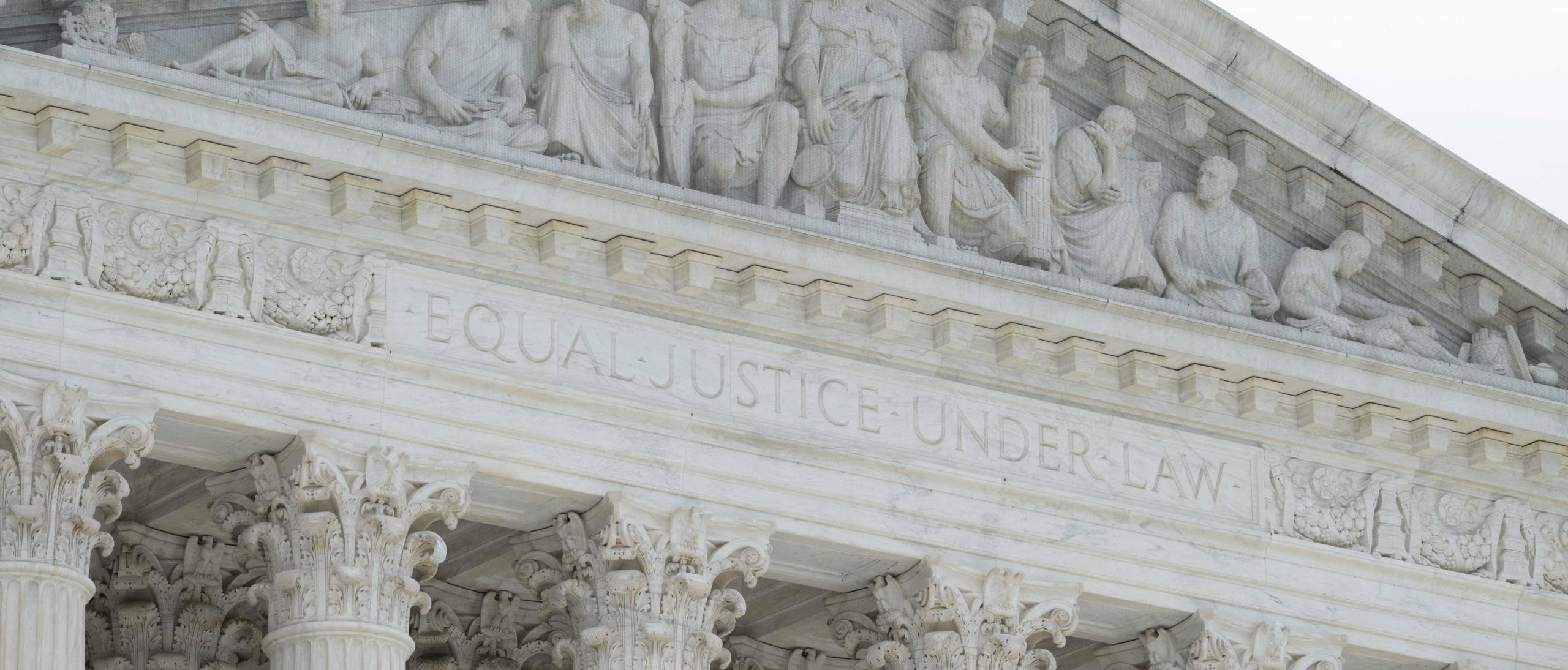The Supreme Court won’t hear a free speech case challenging “bias response” teams at universities nationwide.
The case, one of several brought by the nonprofit group Speech First against universities, challenged a “bias intervention and response team policy” at Virginia Tech that encouraged students to report on one another over incidents of bias. The majority found the case moot and tossed the Fourth Circuit Court of Appeals’ decision finding the university’s policy did not chill student speech, but Justice Clarence Thomas and Samuel Alito said they would have taken the case.
“This petition presents a high-stakes issue for our Nation’s system of higher education,” Thomas wrote in the dissent joined by Alito. “Until we resolve it, there will be a patchwork of First Amendment rights on college campuses: Students in part of the country may pursue challenges to their universities’ policies, while students in other parts have no recourse and are potentially pressured to avoid controversial speech to escape their universities’ scrutiny and condemnation.” (RELATED: ‘Surveillance State’: Federal Judge Slams Decision To Uphold University’s Bias Reporting Policy In Dissent)

The US Supreme Court is seen in Washington, DC, on June 16, 2023. (Photo by SAUL LOEB/AFP via Getty Images)
Appeals courts have reached different conclusions on bias response teams, and Speech First argued in its petition the Supreme Court should take its case to resolve the split.
But the university suggested in a brief that the dispute was moot because it had discontinued its bias protocol in 2023. Over 450 universities had bias-reporting systems in place as of 2022, according to Speech First.
“Yet, because of the split among the Courts of Appeals, many of these universities face no constitutional scrutiny, simply based on geography,” Thomas wrote in his dissent. “I have serious concerns that bias response policies, such as Virginia Tech’s, objectively chill students’ speech.”
Speech First’s Executive Director Cherise Trump said in a statement that she is disappointed with the decision but glad that her organization’s litigation ended the bias response team at Virginia Tech.
“I agree with the dissenting opinion that these policies are deeply concerning for the state of free speech on college campuses, they aren’t going away anytime soon, and as long as we don’t have a national resolution on this issue, the First Amendment violations that arise from the existence of BRTs will be subject to patchwork First Amendment protections,” she said. “There is simply no bigger mechanism on college campuses that serves to silence, deter, and chill student speech.”
“The battle for campus free speech is bigger than ever before and we will continue to defend our students’ right to free speech across the country,” she continued.
All content created by the Daily Caller News Foundation, an independent and nonpartisan newswire service, is available without charge to any legitimate news publisher that can provide a large audience. All republished articles must include our logo, our reporter’s byline and their DCNF affiliation. For any questions about our guidelines or partnering with us, please contact licensing@dailycallernewsfoundation.org.


